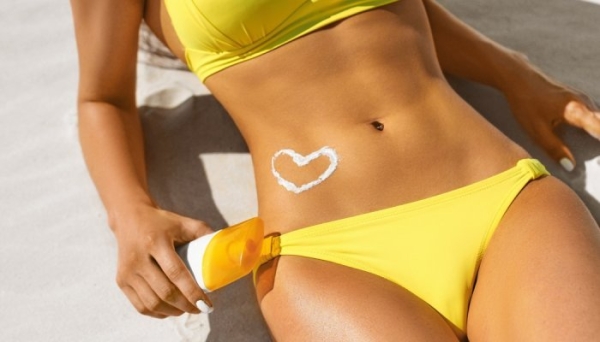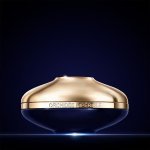
French health agency (ANSES) has recommended that the government ban the use of octocrylene in sunscreen products because of its effects on the environment. While the transmission to the European Commission was delayed, the analysis was leaked in the press, triggering a public reaction from the industry.
The French Agency for Food, Environmental and Occupational Health Safety (ANSES) is calling for a ban on octocrylene in sunscreen products. The information revealed at the end of last week by French media has been confirmed by the Agency.
Controversial sunscreen
Octocrylene is commonly used as a UV filter to protect the skin from the harmful effects of sunlight. In recent years, however, this substance has been criticized for its effects on the environment. In coral, octocrylene has been shown to accumulate in the form of fatty acid conjugates and trigger mitochondrial dysfunction [1]. A 2021 study also pointed to its degradation into benzophenone over time in tested commercial products.
In its latest opinion from 2021, the Scientific Committee on Consumer Safety (SCCS) considered the use of this filter to be safe in sunscreen products at a maximum concentration of 10%. However, the committee’s analysis did not cover the environmental aspect which is the base of the French health agency’s request for a ban.
According to the Agency, banning this filter would be the only option to reduce its presence in the environment and its harmful effects on the ecosystems. However, while it was sent on May 26 to the French Ministry of Ecological Transition, the recommendation was not forwarded to European authorities, an unusual situation.
As far as it is concerned, the Ministry denied any attempt to block the process. France should therefore suggest its European partners to review all possible options regarding the safety of the substance.
Industry reaction
The French Federation of Beauty Enterprises (FEBEA) quickly reacted by stressing that the safety of octocrylene has been duly assessed by the SCCS in the 2021 decision.
Regarding the impact of the substance on the environment, the FEBEA considers this allegation “is not supported by robust methods” and there is a lack of scientific consensus on the issue. “Coral reef bleaching is mainly due to rising ocean temperatures linked to global warming, followed by other recognized factors such as overfishing,” said the cosmetics industry advocacy group.
In order to have a better view on the issue, the cosmetics industry is working within the International Collaboration on Cosmetics Safety (ICCS) to develop a standardized calculation model for the exposure of the marine environment to sunscreens. Once developed, the method will be made available to all stakeholders, including: cosmetic brands, public or private research organizations, and agencies. The model is expected be finalized by the end of 2023.





